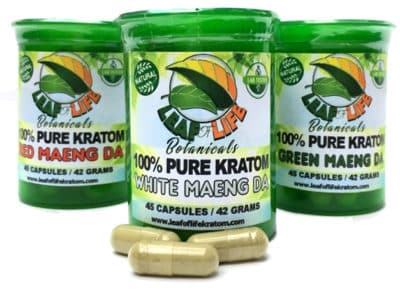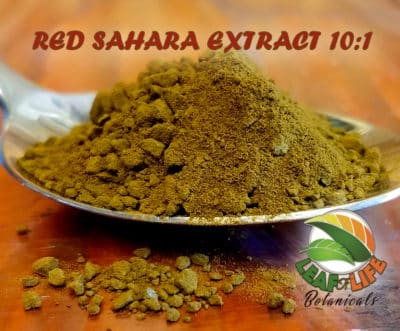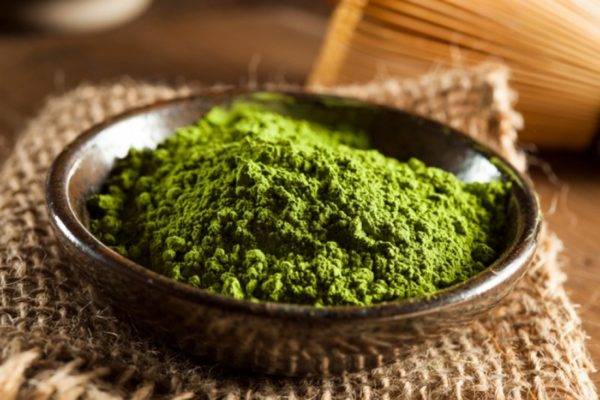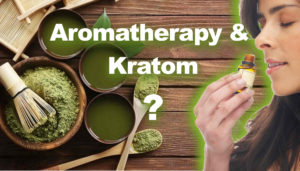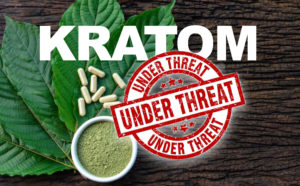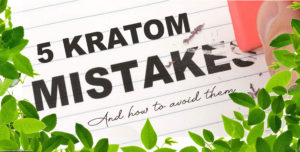In today’s modern world, people tend to want sweet foods, and shun anything that’s bitter. But bitter herbs are essential for digestive health and many other issues. Let’s look at why kratom is so bitter, why that’s a good thing, and how to appreciate the health benefits of bitter tonics.
We’ve gotten so accustomed to processed foods being loaded with salt, chemical flavorings, sugar, artificial sweeteners, and high fructose corn syrup – it seems we’ve lost our taste for what is naturally bitter. We think bitter things taste “bad”. We have a lot of trouble tolerating substances that aren’t sweet or salty.
Coffee. There’s another bitter plant product. To drown out the bitterness of coffee, we tend to add milk, flavored creams, organic honey, or raw sugar to it.
Dandelions, especially the root, make a very bitter tea, as do hops. Yet, those who study herbs and natural substances rave about how effective these herbs are for their health. You may have heard of Swedish Bitters, a special, old fashioned herbal tonic that can still be purchased from health food stores.
So what’s up with bitterness? Why do bitter herbs like dandelion, hops, and kratom benefit our bodies so much?
Your tongue contains tastebuds that analyze what you put in your mouth. Depending on how they taste, your entire digestive system is triggered by the vagus nerve, which causes it to adjust itself to take advantage of the nutrients and other beneficial qualities of the food or drink you consume. By masking bitterness, you’re sending the wrong signal to the chemistry lab of your internal system.
What signals do bitter substances send forth?
According to The Sunlight Experiment, bitterness triggers these events:
- Increases salivation
- Increases gastric acid
- Increases the enzymes responsible for breaking down nutrients
- Increases bile production in the liver
- Regulates insulin and glucagon to better maintain healthy blood glucose levels
- Stimulates the repair of the gut tissue
- Improves the tone of the gastric tract to reduce flatulence and gastro-esophageal reflux
- Improves the absorption of vitamin B12
- Improves appetite
- Supports healthy liver function
- Relieves heartburn
- Relieves nausea and vomiting
- Reduce sugar cravings
- Reduces gas and bloating
- Improves the absorption of foods
- Useful for vegans and vegetarians in absorbing vitamin B12
https://thesunlightexperiment.com/blog/2016/6/20/herbal-bitters-what-are-they-and-how-do-i-use-them
Bitter herbs include: wormwood, endive, raddichio, horehound, bitter melon, valerian, mugwort, angelica, yarrow, hops, gentian, milk thistle, golden seal, chamomile, dandelion, peppermint, chicory, argula, globe artichoke, coffee, echinacea, tea (Camellia sinensis), common sorrel, neem tree, centaury, buckbean, cinnamon, blessed thistle.
When you aren’t feeling very well, sometimes a bitter tonic of organic herbs is what you may need to get back into stride.
Dieticians say that the best way to get bitters into your system is to prepare a salad of fresh, organic greens from the list above. Not quite as effective, but still good, is to take bitters as supplements in capsules, powders, or tablets.
So when you take kratom, by capsule, liquid extract shot, tincture, resin, brewed tea, or toss and wash, keep in mind the many wonderful benefits of this bitter herb. Especially keep in mind the value of bitterness if you use the toss and wash technique of putting kratom powder directly on your tongue and washing it down with orange juice, herbal tea, grapefruit juice, coffee, or water.
We tend to consume way too many salty and sweet substances. In many cases….Bitter is better!
-
- Out of Stock
All Maeng Da’s Kratom Combo
- Read more
-
-
Red Sahara Kratom Extract 10:1
- Select options This product has multiple variants. The options may be chosen on the product page


